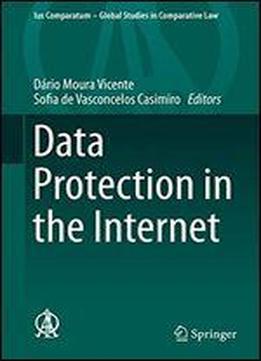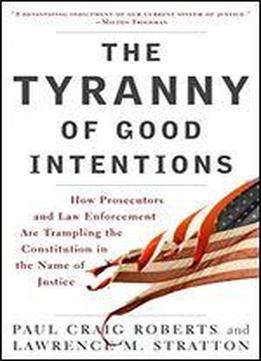
Data Protection In The Internet (ius Comparatum - Global Studies In Comparative Law)
Tags:
Dario Moura Vicente
This book identifies and explains the different national approaches to data protection the legal regulation of the collection, storage, transmission and use of information concerning identified or identifiable individuals and determines the extent to which they could be harmonised in the foreseeable future. In recent years, data protection has become a major concern in many countries, as well as at supranational and international levels. In fact, the emergence of computing technologies that allow lower-cost processing of increasing amounts of information, associated with the advent and exponential use of the Internet and other communication networks and the widespread liberalization of the trans-border flow of information have enabled the large-scale collection and processing of personal data, not only for scientific or commercial uses, but also for political uses. A growing number of governmental and private organizations now possess and use data processing in order to determine, predict and influence individual behavior in all fields of human activity. This inevitably entails new risks, from the perspective of individual privacy, but also other fundamental rights, such as the right not to be discriminated against, fair competition between commercial enterprises and the proper functioning of democratic institutions. These phenomena have not been ignored from a legal point of view: at the national, supranational and international levels, an increasing number of regulatory instruments including the European Unions General Data Protection Regulation applicable as of 25 May 2018 have been adopted with the purpose of preventing personal data misuse. Nevertheless, distinct national approaches still prevail in this domain, notably those that separate the comprehensive and detailed protective rules adopted in Europe since the 1995 Directive on the processing of personal data from the more fragmented and liberal attitude of American courts and legislators in this respect. In a globalized world, in which personal data can instantly circulate and be used simultaneously in communications networks that are ubiquitous by nature, these different national and regional approaches are a major source of legal conflict.








